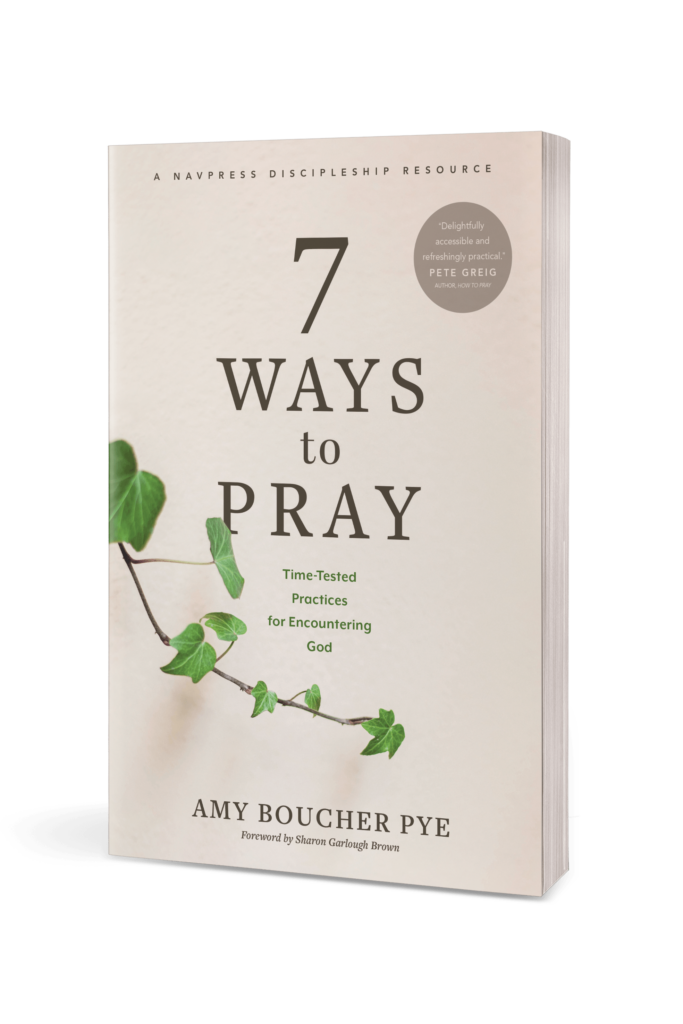When I was nineteen, one of my closest friends was killed in a car crash. Six months later another friend died from a brain aneurysm while hiking in Nepal. Seven months later my beloved grandfather died. I went from being an earnest but fun-appreciating college sophomore to one walking around in a daze. This extended period of grief overwhelmed me, and I responded by throwing myself into my studies and my part-time employment. During the summer I worked two jobs, six days a week, often going from the law office where I was an administrator to my evening/weekend work at an optician’s. I tried to mute the stinging pain by staying busy. The feelings were still there, of course, but I tried to push them down and lock them up to keep functioning. I would, however, spend my lunchtimes at my friend’s grave, eating a roast-beef sandwich from the fast-food chain Arby’s while weeping over her birth and death dates. After that summer, I stopped going to Arby’s.
We’ve all experienced horrible things like the death of loved ones and experiences that are awful but less piercing, such as a friend betraying us or a dearly held dream not coming to fruition. The reason is simple; we live in a world that is not as God created it to be. Because of the disobedience of Adam and Eve, our first parents, we’ve fallen short of our Creator’s plan of life without disease, betrayal, broken dreams, or pain. Instead, along with the glories we experience, we endure those hard things, too.
We believe in a God who is both loving and almighty, one who could intervene if he desired. Perhaps he does—maybe he stops us from enduring a whole lot more pain than we do experience. We just don’t know how much he saves us from. Yet when we encounter grief and bereavement, we often wonder where God is in the midst of it, since we know he’s a good and loving father. Has he abandoned us? Is he allowing this to happen—and if so, why? We may struggle to hear his voice and know that he’s near.
During these times, the biggest leap of faith we may have to take is to cry out to God. When we do, when we share with him our pain and bewilderment, our anguish and heartache, we worship him through lament. Instead of backing away from God in bewilderment, we come before him face-to-face, approaching him with our pain. We offer this act of love and sacrifice as a prayer.
Perhaps we think that lamenting shouldn’t be called prayer, for the word means “to complain, grumble, question, and protest.” But the Bible is filled with lament. God’s people don’t shy away from complaining before him, as we see especially in the books of Job, Lamentations, and the Psalms (and note the obvious reminder of lament in the very name of the book—Lamentations). God welcomes our cries and doesn’t tell us off for expressing our pain. We, in contrast, might have to give ourselves permission to let it out.
Praying with the Psalms
Our prayer book in the Bible, the Psalms, bursts with songs of lament, not only those written by individuals but those for use in corporate worship.[i] The psalmists cry out to God, asking and even demanding that he help them. Sometimes the authors complain about false accusations, persecution, or sickness. Sometimes they describe the trouble they face more generally. Usually at the end of psalms of lament, the writers come to a change of mood—they reach a certainty that the Lord has heard their prayers and will act to save them.
We see this pattern in Psalm 13, which starts off “How long, Lord? Will you forget me forever? How long will you hide your face from me?”[ii] But the last stanza affirms the psalmist’s trust in God: “But I trust in your unfailing love; my heart rejoices in your salvation.”[iii]
The psalmists most often move through their lament in four stages: address, complaint, request, expression of trust. We see this pattern in Psalm 22.
Address
“My God, my God.”[iv] David cried out, presenting his pain to his Creator. That he addressed God with intimacy invites us to do so similarly.
We might most associate these opening words, “My God, my God, why have you forsaken me?” as those Jesus uttered on the cross. It’s good to remember that David spoke them many centuries earlier to release his anguish.
Complaint
Why have you forsaken me?
Why are you so far from saving me,
so far from my cries of anguish?
My God, I cry out by day, but you do not answer,
by night, but I find no rest. . . .
My mouth is dried up like a potsherd,
and my tongue sticks to the roof of my mouth;
you lay me in the dust of death.[v]
In the first two-thirds of this psalm, David detailed his complaints, sharing how forsaken he feels. He gives a sense of finality, as though he’ll be cast out from the Lord’s presence forever. These questions of why God seems silent while we endure deep pain can pierce us to the core. We share the sense of the complete abandonment that David voiced. That God would overlook us in our lowest moments feels even more of a slight, piling on the pain and bewilderment.
God’s silence is so confusing—Why, we wonder, won’t he answer? We can rail against him for the silence; we can shake our fists and cry in frustration. God doesn’t smite us when we do so. Although he is God and therefore does not have to speak, he welcomes us to cry, mourn, and lament.
One way that David addressed the question of God’s present silence was to point to God’s mercies in the past: “You’re the Holy One; the one our people praise. Those who’ve gone before us trusted you, and you saved them. They cried out to you, and you saved them.”[vi] David grieved that although God acted in the past, now it seemed he was nowhere to be seen. David didn’t button up his pain but gave it to God.
Request
Lord, do not be far from me.
You are my strength; come quickly to help me.
Deliver me from the sword,
my precious life from the power of the dogs.
Rescue me from the mouth of the lions;
save me from the horns of the wild oxen.[vii]
We move to David’s direct request to God. As he found himself in desperate circumstances, David made a succinct plea: “Don’t be far from me! Come quickly and help! Deliver me! Rescue me! Save me!” David’s cries for help were almost a reflexive response. We, too, when we face trouble, might feel the immediate need to take our requests to God, asking for his help. The more we train ourselves to turn to God in a crisis, the more natural it will become.
Expression of Trust
Yet you brought me out of the womb;
you made me trust in you, even at my mother’s breast. . . .
I will declare your name to my people;
in the assembly I will praise you. . . .
For he has not despised or scorned
the suffering of the afflicted one;
he has not hidden his face from him
but has listened to his cry for help. . . .
All the ends of the earth
will remember and turn to the Lord,
and all the families of the nations
will bow down before him. . . .
They will proclaim his righteousness,
declaring to a people yet unborn:
He has done it![viii]
Though David accused God of being silent, in the psalm’s last ten verses, he turned to praise as he expressed his trust in God. Note how David was perhaps educating his emotions by saying, “I will declare . . . ; I will praise you.”[ix] He affirmed that God won’t leave his people; that God hears them and meets with them. David knew that no matter what he felt, God was with him.
Address, complaint, request, trust. These four steps help our hearts and minds grapple with the pain we experience as we turn to, not away from, God.
Prayer Practice: Penning Your Song of Lament
Write your lament using the four stages outlined in Psalm 22:
- Address: How can you best address God in the particular circumstances that cause you to lament?
- Complaint: Tell God what you’re feeling; don’t hold anything back for fear of hurting or shocking him. He can take it.
- Request: Ask God what you want him to do. Tell him plainly and clearly.
- Expression of trust: Name what you believe about God’s qualities, even if you don’t feel your beliefs at the moment. You may need to educate your emotions, as David did.
[i] Depending on how you count them, there are sixty-seven psalms of lament. See J. Todd Billings, Rejoicing in Lament: Wrestling with Incurable Cancer and Life in Christ (Grand Rapids: Brazos, 2015), 12.
[ii] Psalm 13:1.
[iii] Psalm 13:5.
[iv] Psalm 22:1.
[v] Psalm 22: 1-2, 15.
[vi] Paraphrase of Psalm 22:3-5.
[vii] Psalm 22:19-21.
[viii] Psalm 22:9, 22, 24, 27, 31.
[ix] Psalm 22:22.



I enjoyed the way it’s explained and how it makes sense when praying vs complaining is tied in. It’s easy to look at it two different ways when really it’s all about giving it “ALL” to God. By doing so our Faith only draws us closer to God.
Thank you..